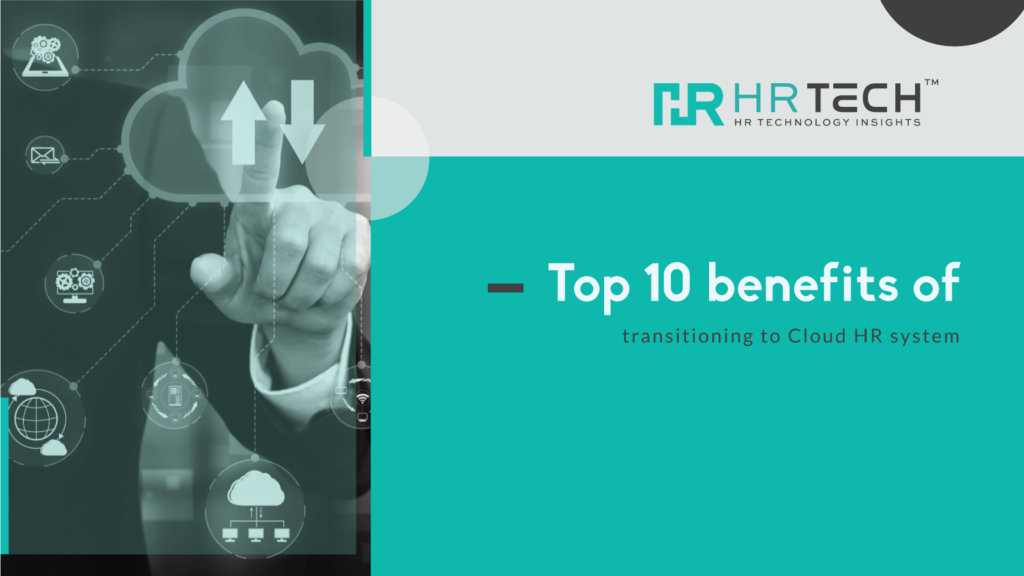Cloud HR software systems are part of a modern digital transformation journey. The outbreak of the pandemic moved all the industries upside-down. It changed most workforces’ forever landscape, making them shift from office to home. It has therefore also significantly altered the way that numerous departments and sectors used to conduct their business. Human resources (HR) teams are no exception. Many HR professionals have had to drastically alter the way their departments are handled, regardless of the business. Human resources professionals have faced numerous challenges, ranging from granting remote access to shared drives and servers to upholding a global company culture.
Moving the legacy of HR systems to the cloud is one of the easiest methods to streamline the operations of your HR department in the modern age of remote and hybrid work environments. Ten reasons are provided in this article as to why HR professionals ought to take this action.
Visit HR Tech Blog: Top 10 Talent Intelligence Tools to Boost Workforce Performance
With the transition of the business world, HR is changing along with it. In the past few years, cloud software has gone from a good to a crucial tool for all profiles be it business development, software development, or HR. The cloud-based HR system offers businesses and organizations the flexibility and computational power they require to propel and sustain the transforming age.
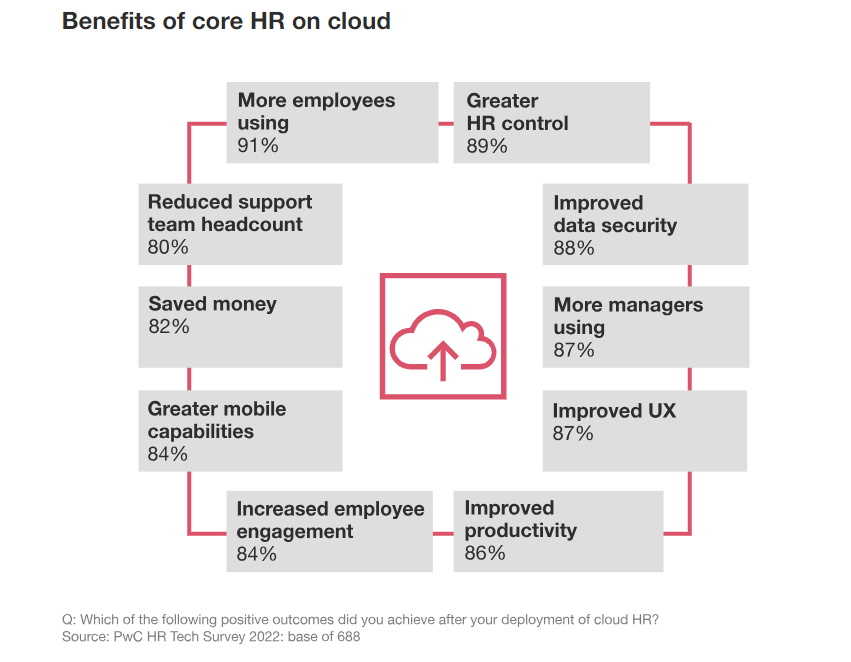
Benefits of a Cloud HR System
Cloud-based HR systems are web applications hosted on a secured server by a certain set of providers. Employees and users can use a browser or a native mobile app to access these systems after logging in. FPRICE
HR cloud-based solutions provide fully automated HR procedures, such as payroll, onboarding, hiring, compliance, and many more areas. These cloud-based platforms provide HR analytics and reporting to track the performance and productivity of employees. The advantages of cloud-based HR systems are as follows.
#1 Time-saving:
The core benefit of transitioning to the cloud HR system is time-saving.
Setting up timetables, recording staff hours, and utilizing spreadsheets to compute payroll every month is a time-consuming process. And that’s all before you even consider the additional HR duties like managing certifications, developing a salary plan, and succession planning. Most of these tasks are automated by cloud software, which also reduces human mistakes. Work and tasks that used to take hours can now be completed under supervision in minutes. With their increased time, HR leaders no longer have to spend their days buried in paperwork.
Additionally, HR divisions can focus on enhancing employee productivity and the company’s bottom line.
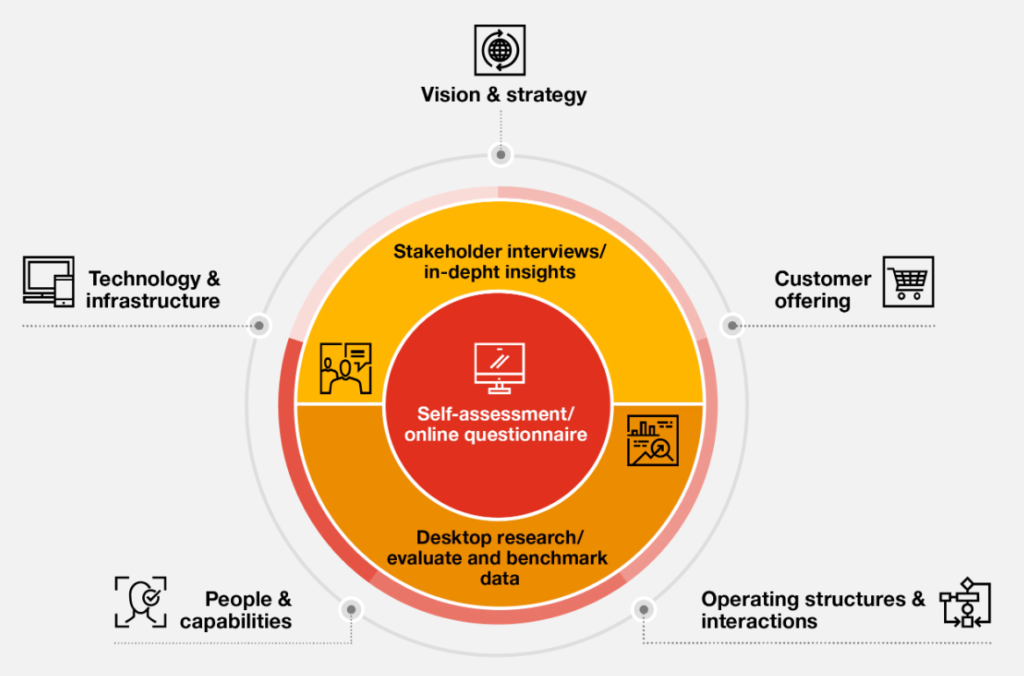
#2 Reduced paperwork:
We are past the days of storing employees’ data in big cabinets in a file. All employee data can now be stored in the cloud and accessed quickly from anywhere using various applications such as Box, Google Drive, and Dropbox, owing to the convenience offered by HR systems. An HR staffer can easily look for and get it printed from the cloud applications within seconds. The HR cloud software saves a lot of time and brings more productivity to organizations.
#3 Hassle-free updates:
The transition of HR into the cloud has led to various advancements making the work hassle-free and automatic system updates are one of them. Cloud-based HR systems give a super-advantage of continuous updates, offered by various network providers. These updates bring the latest functionalities, features, and security enhancements to organizations without any manual work or intervention.
Visit HR Tech Blog: Top 10 Crucial Leadership Skills To Lead An HR Team
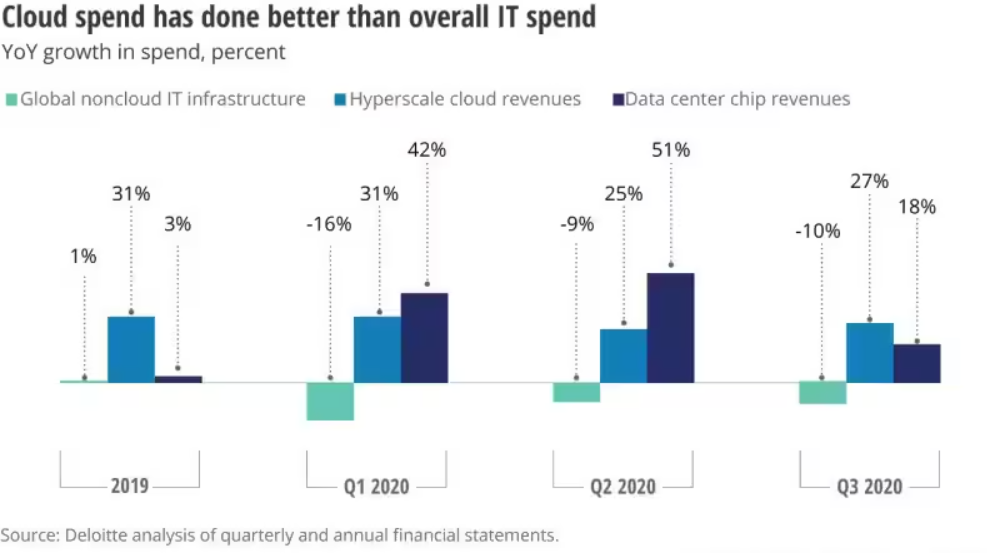
#4 Scalability:
Cloud HR systems offer exceptional scalability, allowing organizations to effortlessly adjust to changes in their workforce size. Unlike traditional on-premise systems that necessitate costly hardware and infrastructure upgrades, cloud-based solutions enable organizations to seamlessly scale resources up or down as needed. This adaptability is crucial for businesses navigating growth, expansion, or downsizing, as it eliminates disruptions and ensures operational efficiency. Additionally, cloud HR systems often incorporate advanced features such as self-service portals and mobile accessibility, empowering employees to manage their HR tasks independently and efficiently. This not only streamlines HR processes but also enhances employee satisfaction and productivity.
Furthermore, cloud providers typically ensure robust security measures to safeguard sensitive employee data, providing organizations with peace of mind and compliance with data protection regulations.
#5 Cost saving:
The shift of legacy HR systems to the cloud results in significant cost savings. Considering the advancements in technology over the past decade, the potential savings for organizations today are likely to be even more substantial. By eliminating the need for on-site servers and infrastructure, organizations can significantly reduce expenses associated with hardware maintenance, software upgrades, and data storage. Additionally, the cloud minimizes the reliance on in-house IT teams, leading to cost reductions in IT personnel requirements. These cost savings can be redirected towards strategic initiatives, employee development, or other crucial areas of the business.
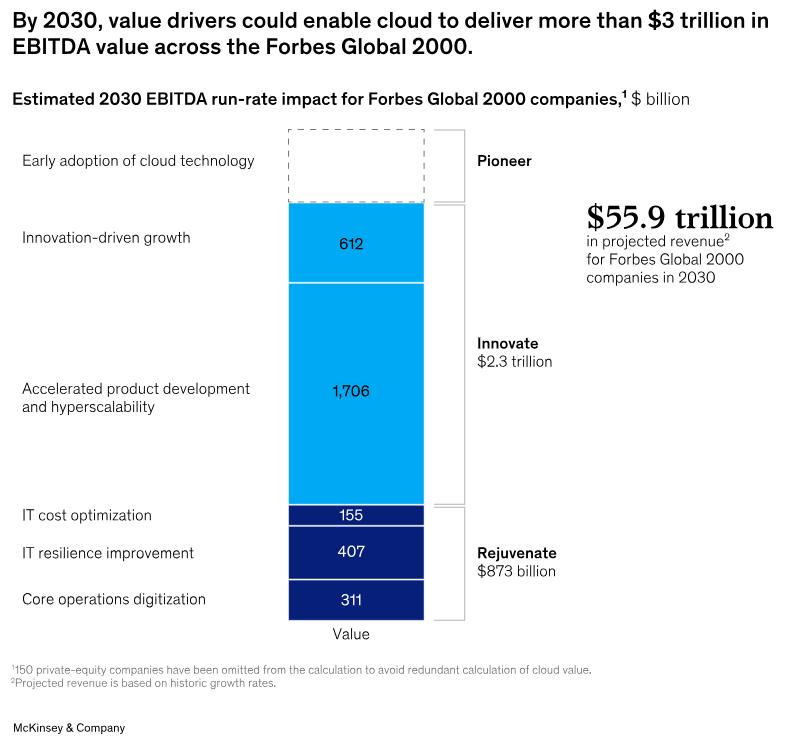
#6 Streamlined process:
Cloud-based HR applications and tools bring automation and streaming into the picture. From the onboarding of the employees to their performance reviews, leave management, time tracking, and benefits administration, these operations are automated with the help of cloud applications. These applications automate repetitive tasks, minimize errors, and reduce manual effort. Cloud HR systems offer enhanced efficiency to users and allow HR professionals to emphasize employee engagement, strategic initiatives, and talent development rather than just bigging down by administrative tasks.
#7 Better collaboration:
The cloud-HR systems foster an environment of collaborative efforts by allowing real-time communication between the employee and the management. It also offers a smooth channel for information to be shared among employees, HR professionals, and managers. Cloud HR systems offer a centralized platform where team members can collaborate easily, exchange feedback, and share documents. This promotes a better working environment with transparency, better productivity, collective ownership, and employee satisfaction.
#8 Boosted integration capabilities:
The transition of cloud HR systems offers easy integration with other applications and services used in businesses such as recruitment, payroll, and learning management systems. This integration of capabilities eliminates the need for synchronization and manual data entry across various systems which helps streamline the workflow and ensure data consistency. HR professionals may also leverage various data-driven decision-making by connecting the HR systems with multiple tools across the organization and allowing them to gain insights easily.
Visit HR Tech Blog: 10 Ways AI will Reduce the HRs Workload
#9 Advanced security:
Cloud networks and service providers place a bold emphasis on data protection and security. They leverage advanced security measures such as access control, regular system updates, and encryption, to secure HR data from unauthorized access and potential cyber threats.
Moreover, cloud HR systems may incorporate disaster recovery plans and data backups as part of their service. This also helps to ensure the security and integrity of data at the time of unexpected incidents.
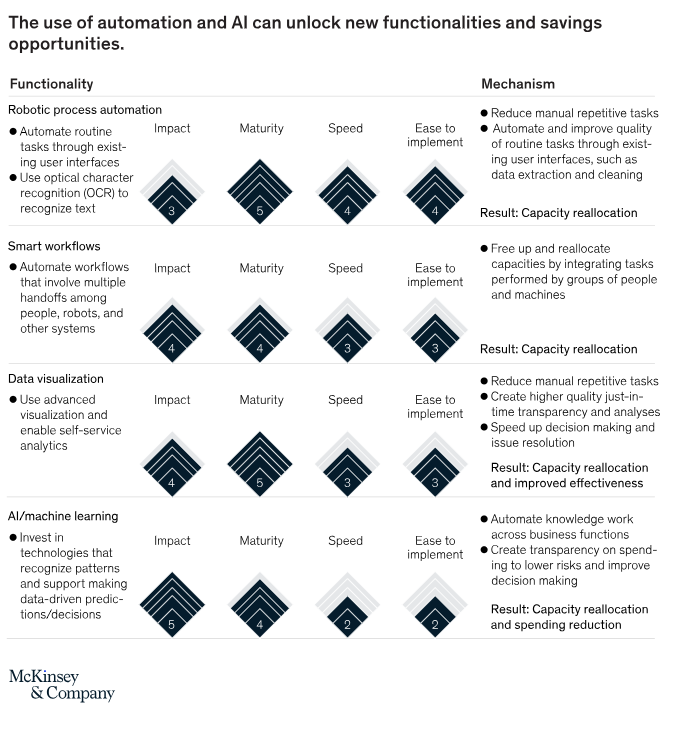
#10 Improved employee productivity:
Most of the cloud-based HR systems, offer mobile-friendly user interfaces. Employees may also leverage this platform on the go. It will have a positive impact on workforce efficiency, especially for businesses that rely on field agents for sales and services. Automated workflows, reminder notifications, and digital knowledgebase ensure that the employee doesn’t waste much time in to-and-fro email interactions and call follow-ups.
How Has the Cloud HR System Been Beneficial?
Integrating cloud systems in HR is not just the adoption of technology but also the adoption of advanced work models.
Technology is slowly becoming a partner in our daily lives helping us perform work-related and personal tasks and improving the workplace’s efficiency. Most organizations such as Vantage Circle, Xoxoday, and others are leading Cloud HR tech solution providers that support HR teams and their AI-driven activities.
The transformation of HR from traditional to exclusive industry-standard HR systems is predicted to be the major growth driver in the global market. By adopting cloud-based HR systems, HR professionals have finally begun their journey toward the adoption of various AI automation tools.
AI is the future and HR is deliberately integrating AI into their work and workforce.
To share your HR technology insights and announcements, please write to us at news@intentamplify.com


